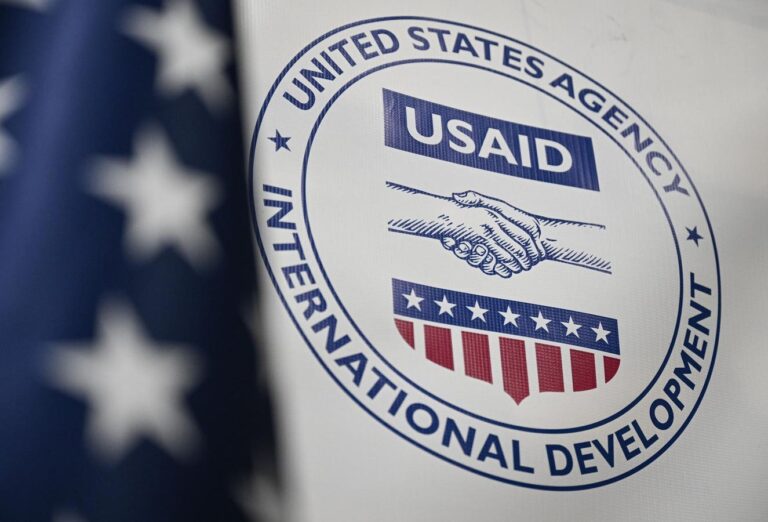As the spotlight intensifies around the U.S. Agency for International Development (USAID), a difference in opinion regarding the climate change funding; environmental, social, and governance policies (ESG); and diversity, equity, and inclusion (DEI) efforts of the agency has emerged. This seemingly critical juncture echoes the larger debate within American politics surrounding the stark policy contrasts between President Joe Biden and former President Donald Trump, highlighted specifically by the rising attention centered on Project 2025 — the envisioned course postulated by elements of the conservative wing. Although it doesn’t align directly with official Trump campaign stances, the underlining ideologies of Project 2025 point towards a significant cessation of funding for the Paris Agreement if Trump clinches a second term.
The Paris Agreement, an international treaty adopted back in 2015, lays out a clear objective to reach net-zero greenhouse gas emissions by 2050. It outlines series of policies aimed at regulating and reporting governmental and corporate GHG emissions. The focus extends to funding climate change initiatives and addressing the economic ramifications of climate change. After Trump withdrew the U.S. from the treaty in 2020, President Biden reinstated the country’s commitment in 2021.
As global commitment urging businesses to bolster their climate and environmental policies mounted post-Paris Agreement, so did the pressure on corporations. This resulted in an upgrade in adoption of ESG policies. Meanwhile, around 2020, ESG reports began to progressively feature in the standard practices of both publicly traded and privately held companies. However, the absence of standardization in terms of content, ranging from environmental measures to LGBTQ+ policies, has raised critics’ eyebrows. Especially concerning for some is the fact that ESG reporting has become a cornerstone of financial reporting and investment strategy.
An attempt from regulators to rectify the lack of standardization in ESG reports resulted in the proposal of a Climate-Related Reporting Rule by the the U.S. Securities and Exchange Commission in March 2022. While initially slated to be effective in 2026, legal challenges have delayed the implementation of the adopted final rule, which mandates large publicly traded companies to disclose their climate action, greenhouse gas emissions, and the calculated financial impacts originating from severe weather conditions.
Simultaneously, DEI and ESG policies became ingrained in USAID’s focus under the Biden administration. With this shift, USAID not only became part of the global ESG and corporate sustainability discourse, but also started tying its funding and contracts to these parameters. On the other hand, conservative factions have frowned upon this development, sparking a contentious debate represented significantly within the Project 2025 agenda.
Primorac’s chapter in the book prepared by Project 2025 presents a detailed critique of USAID’s focus on climate change: “The next conservative Administration should dismantle USAID’s DEI apparatus by eliminating the Chief Diversity Officer position along with the DEI advisers and committees; cancel the DEI scorecard and dashboard; remove DEI requirements from contract and grant tenders and awards; issue a directive to cease promotion,” suggesting a move away from the guidelines outlined in the Paris Agreement.
Considering these clear-cut stances, it appears that should Trump secure a second term, a tighter alignment with the biases of Project 2025 — particularly those concerning ESG — seems imminent.
